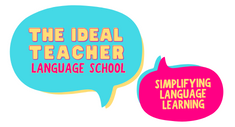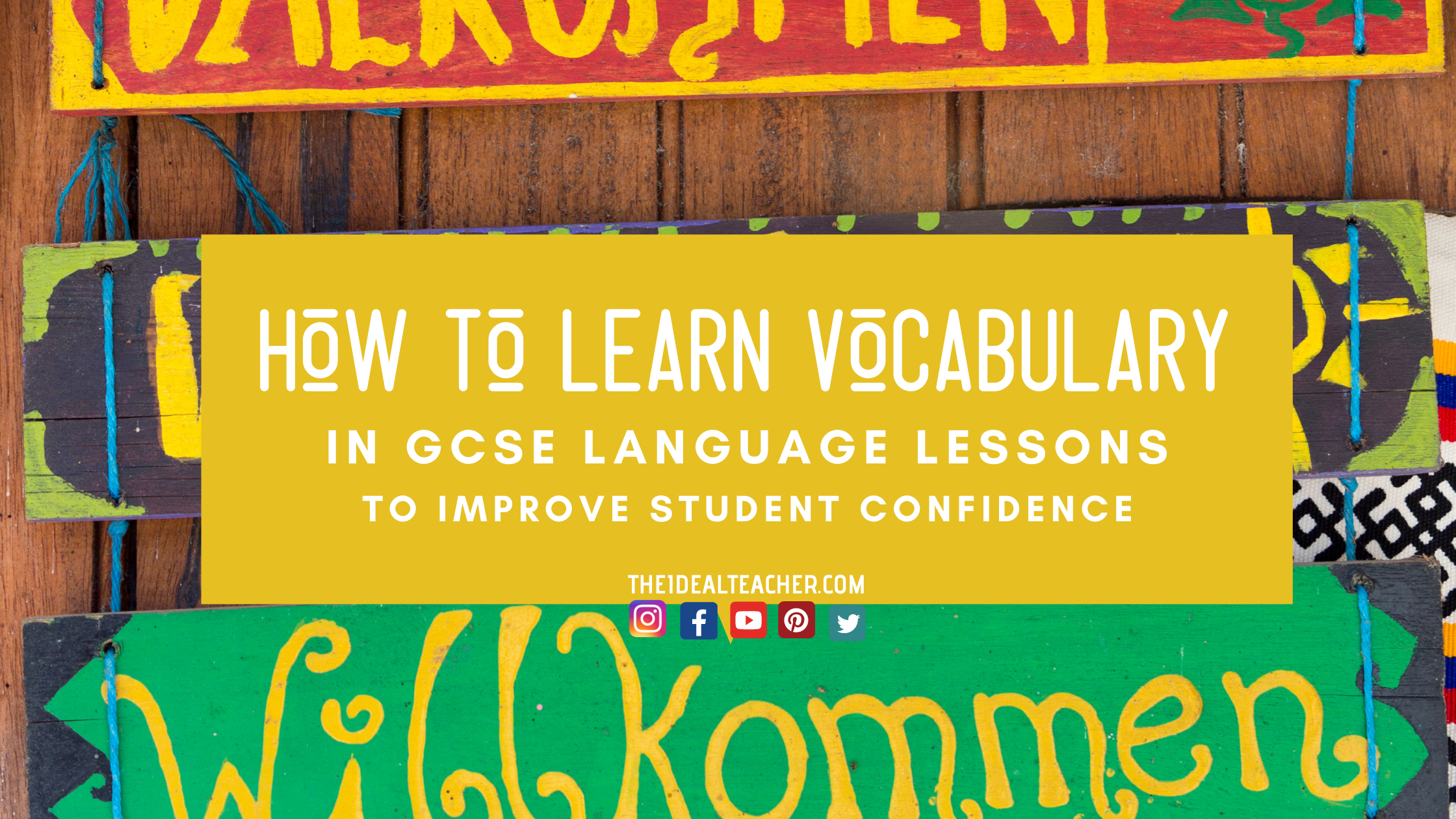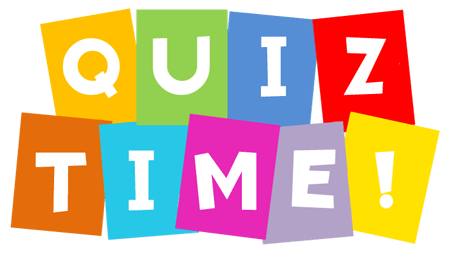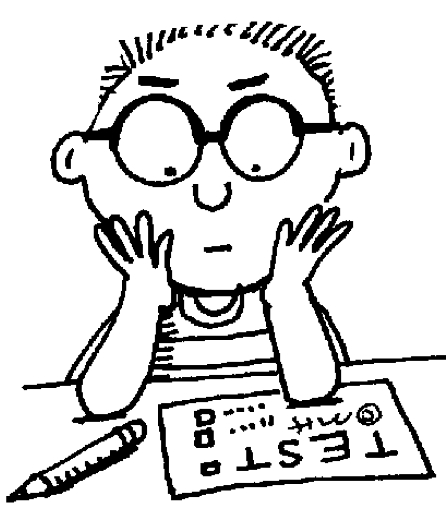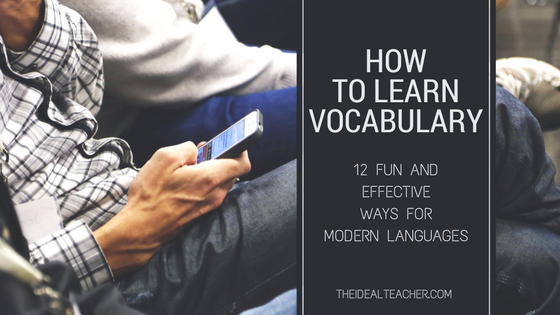Help Students To Learn Vocabulary in Language Lessons Without Them Knowing! When I get a new French or German GCSE tutee or a group of GCSE language students, we do a quick diagnostic. I ask the students to select two…
Tag: how to learn vocabulary
The Emoji Mindmap Trend Last year, I saw Dannielle Warren using the Emoji Mindmap that she had put together from a Google image, which included a massive number of emojis to annotate on to recap and improve vocabulary, the idea…
How To Learn Vocabulary with Free Language Learning Apps – A Review/Comparison ‘Quizzes should be learning experiences for our students and we can make them into powerful ones’ (Fink, 2003) With the advent of the internet, it has never been…
The Practice of Retrieval ‘When we think about learning, we typically focus on getting information into students’ heads. What if, instead, we focus on getting information out of students’ heads?’ (Agarwal, 2017) Whilst I feel the quotation is useful in introducing retrieval practice, which the…
How To Learn Vocabulary Effectively For modern languages, you need vocabulary to communicate well. However, students often find it difficult to remember words and sentences they are taught in the classroom between lessons. Some learners equally struggle to know how to…
